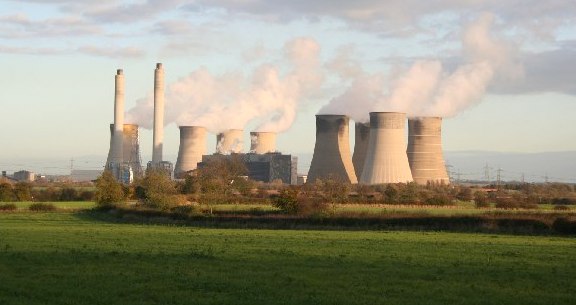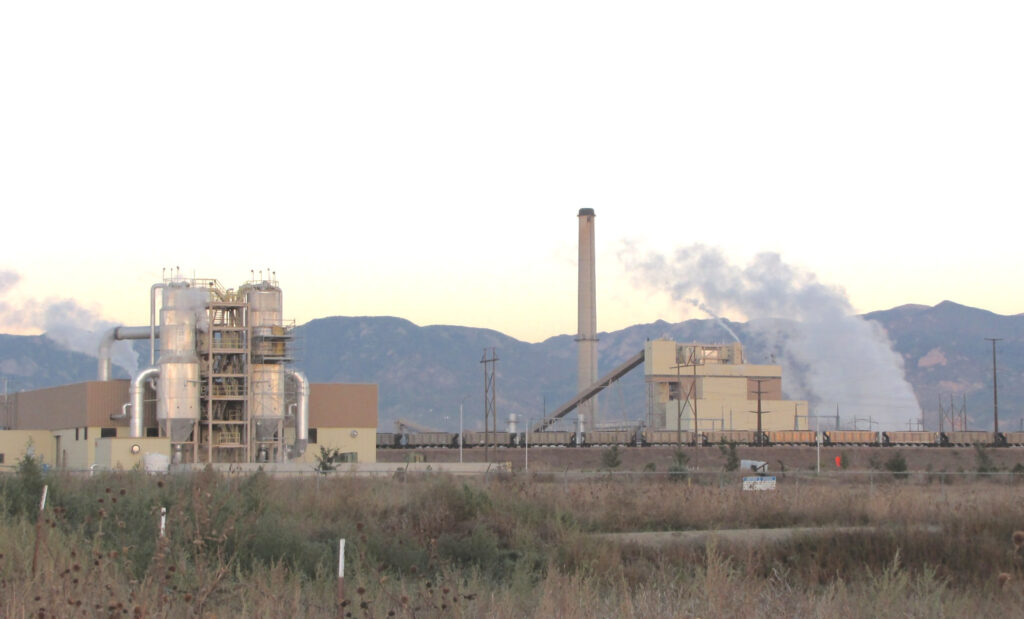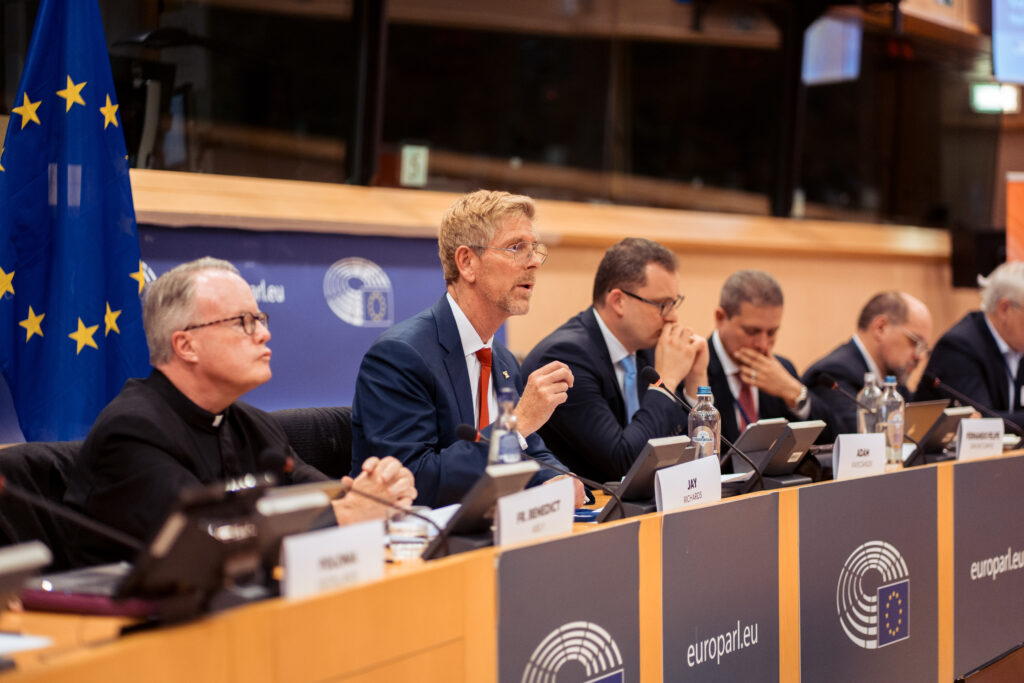The government today announced how the UK expects to phase out coal generation by 2025 — by making it impossible for plants to generate power without as-yet unproven carbon capture and storage technology.
In its response to a consultation on ‘implementing the end of unabated coal by 2025’, the government said it will legislate to limit power plants to 450 grams of carbon dioxide for each kilowatt hour of electricity produced — effectively ruling out coal power without technology that captures emissions.
The government intends to allow coal power plants to continue to compete in the UK’s capacity market, however. The capacity market is the mechanism through which the government ensures it has enough power capacity to meet demand. Coal power plants are currently set to receive around half a million pounds in subsidies through the mechanism.
The plan would also allow biomass power plants to continue to burn some coal so long as they operate under the emissions limit.
The government originally announced the UK’s plan to phase out coal in 2015. It is also a driving force behind aglobal alliance launched in 2017 to “power past coal”, which counts 17 countries as members.
Today’s announcement was met with cautious optimism by environmental analysts.
Sam Hall, senior research fellow with the conservative thinktank, Bright Blue, said the announcement was “excellent news”.
“Closing coal is one of the cheapest and most effective ways to cut carbon dioxide emissions. It also brings benefits for air quality and for industrial strategy by encouraging cleaner forms of electricity generation.
“The Government should be congratulated on their international leadership on this critical issue. By launching with Canada the Powering Past Coal Alliance last year, the UK is making a significant contribution to global efforts to tackling climate change.”
Dr Jonathan Marshall, from thinktank the Energy and Climate Intelligence Unit, said the delivery plan meant the UK was “delivering on the top line of a 2025 closure”. However, he said “the Government’s decision to allow coal plants to compete in the capacity market on equal footing until then looks like something of a missed opportunity.”
“In light of recent rhetoric, observers could have expected a stronger move from the Government, that would utilise the market to remove coal generation as soon as possible rather than handing it another lifeline” he said.
Environmental lawyers Client Earth are similarly concerned that while the government’s plans may mean the end of coal, they do little to suggest how the UK might move away from other fossil fuels such as gas generation. Sam Bright, an energy lawyer with Client Earth, said in a statement:
“The government has kept to its commitment to phase out unabated coal generation by 2025, but we aren’t convinced that this alone merits its claims to global leadership. Not only are other countries imposing more ambitious sunset dates, we are concerned that the door is left wide open for investments in new, long-term gas capacity, locking us into another generation of fossil fuel power. This contradicts the very rationale of the coal phaseout.”
Today’s announcement comes just days after it was revealed that the more than half of the electricity generated in the UK came from low carbon sources such as wind, solar, and nuclear power for the first time in 2017.
Main image : Richard Croft /Geograph.org.uk CC BY–SA 2.0. Updated 05/12/2017: A quote from Sam Bright was added.
Subscribe to our newsletter
Stay up to date with DeSmog news and alerts






